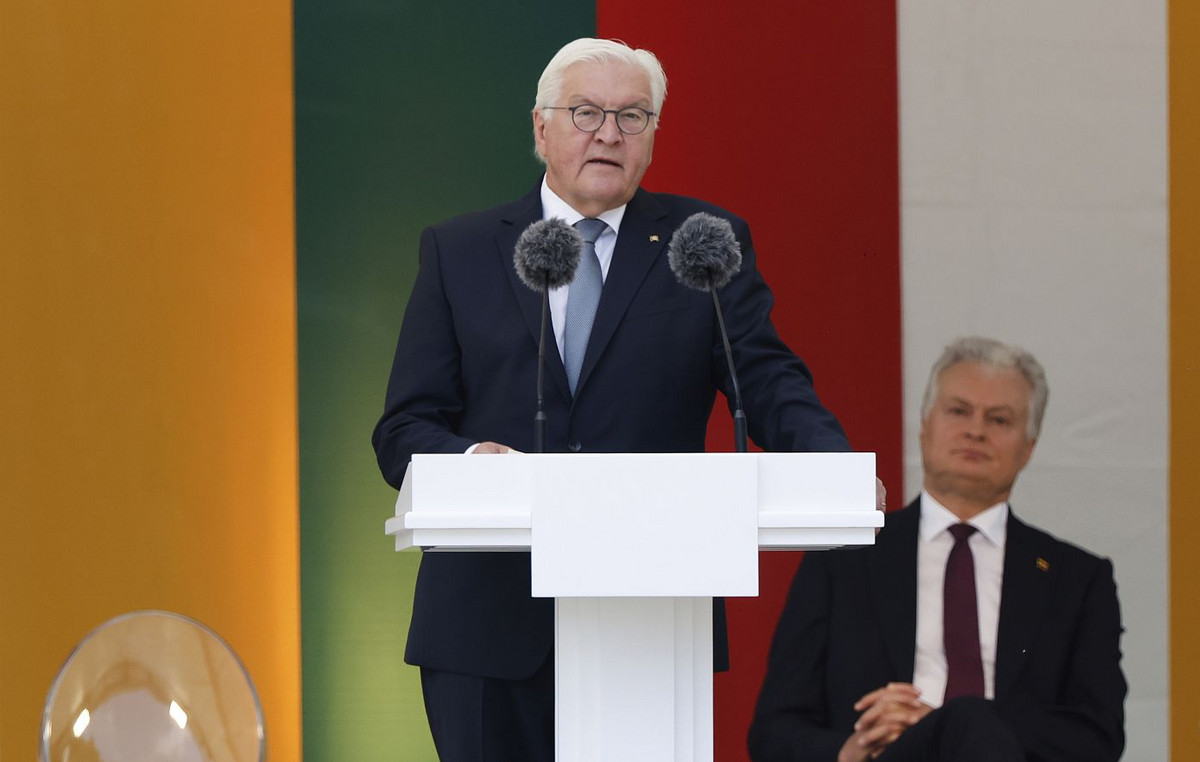According to rumors circulating on the Weibo social network, the USB-C port on the iPhone 15 and iPhone 15 Pro smartphones, as well as their charging cables, will have a special chip. Thus, Apple wants to certify the corresponding accessories in the same way as it is now with Lightning. This means that not all USB-C cables will work with the iPhone 15, uncertified ones will not work with future smartphones, or will be limited in their capabilities.
Apple is rumored to have developed its own USB-C variant for the iPhone 15 lineup. The information comes from a user who claims to be an integrated circuit expert with 25 years of experience with Intel Pentium processors. Integrated circuit (IC) interfaces are microcircuits used to control the exchange of information between devices. Since the introduction of Lightning in 2012, certified product (MFi) ports and connectors have contained a special chip that confirms its purpose. If you connect an uncertified cable without this chip, the user will see a warning that this accessory is not supported on Apple devices.
The chip is an authenticator that forces users to buy original or certified products. At the same time, Apple itself makes a profit from the sale of third-party accessories. The company explains this by fighting counterfeit and potentially dangerous devices.
It’s worth noting that the USB-C interface currently used by Apple on the 10th generation iPad, iPad mini, iPad Air, and iPad Pro does not contain any chip. For the iPhone, things will be different. It’s not clear yet,
whether such a decision could affect the functionality of new devices, but it is likely that Apple will limit features such as fast charging and high-speed data transfer when using non-certified cables. According to analyst Ming-Chi Kuo, the USB-C port on the iPhone 15 and iPhone 15 Plus will deliver USB 2.0-level speeds (as will Lightning). Only the iPhone 15 Pro and iPhone 15 Pro Max models will get faster speeds. Therefore, the only significant difference between Lightning and USB-C on standard smartphones will be only in the form of a connector.
The information seems plausible as it reflects the company’s desire to tier devices. For example, the 10th generation iPad and iPad Pro have USB-C, but the former is limited to USB 2.0 speeds (up to 480 Mbps), while the latter supports the Thunderbolt standard (up to 40 Gbps).
Source: Trash Box
I’m Meagan Diaz, a news writer and author at World Stock Market. My main focus is on technology and stock market trends, and I’m passionate about helping readers stay informed on the ever-changing landscape. I bring extensive knowledge of the industry to my work as well as a knack for storytelling that makes my articles both accessible and engaging.







